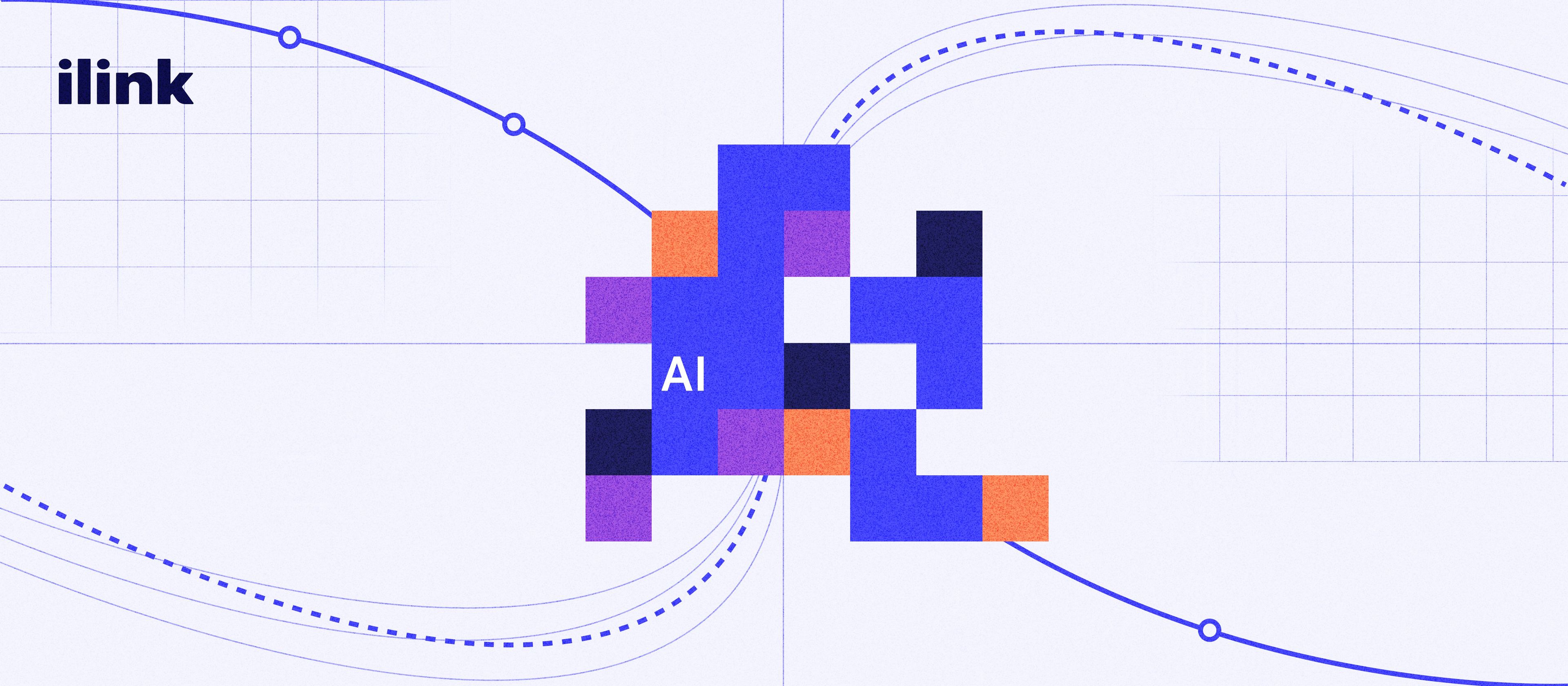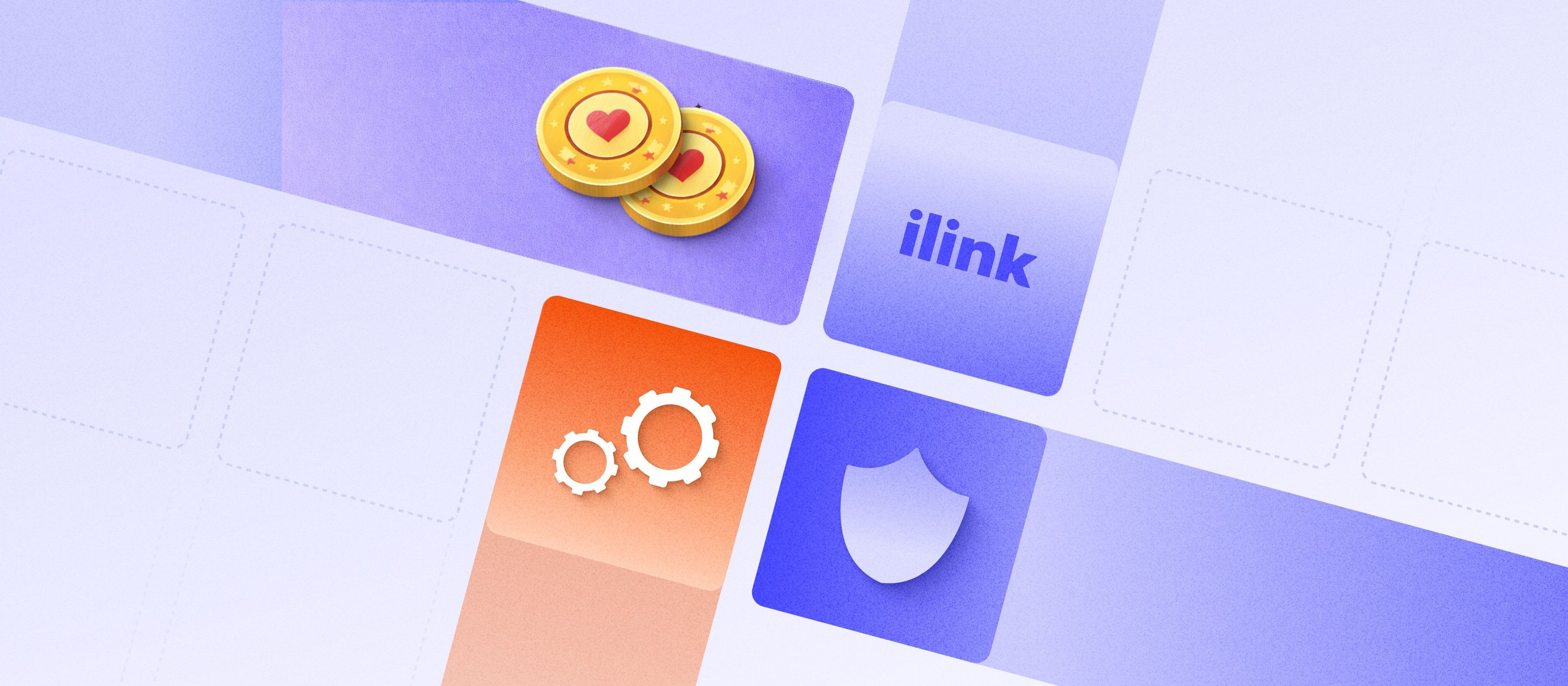Look How AI And Blockchain Technologies Are Intersecting And The Unique Solutions This Combination Can Provide
Introduction
In the rapidly evolving landscape of technology, two revolutionary forces stand out for their potential to transform industries: Artificial Intelligence (AI) and Blockchain. While each technology independently offers significant advancements, their convergence is poised to redefine innovation. This article explores how the integration of AI and Blockchain is not just a trend but a substantial shift in technological applications across various sectors.
The Synergy of AI and Blockchain
- Complementary Technologies. AI and Blockchain are powerful when operating independently but transformative when combined. AI brings dynamic learning and decision-making capabilities that can enhance the real-time processing and interpretation of data. In contrast, Blockchain offers a decentralized and secure environment where these decisions can be recorded and executed with unmatched security and transparency.
- Enhancing AI with Blockchain. Using Blockchain to enhance AI involves creating a secure, immutable environment for data used by AI systems. This not only ensures the integrity of the data feeding into AI algorithms but also makes the outputs (decisions, classifications, predictions) verifiable and transparent. For instance, in financial services, Blockchain can maintain an incorruptible record of AI-driven decisions, enhancing trust among users and regulators.
- Empowering Blockchain with AI. AI can greatly enhance the efficiency of Blockchain systems. For example, AI algorithms can optimize the energy consumption and computational effort required for mining processes, or improve the smart contract validation process through intelligent verification systems that learn and adapt over time. Additionally, AI can analyze Blockchain data to identify trends and patterns that may not be immediately obvious to human analysts, enhancing the strategic insights available from Blockchain databases.
Key Applications of Blockchain and AI
- Finance and Banking. The integration of AI and Blockchain is becoming a game-changer in the financial sector. AI’s ability to analyze vast amounts of transaction data in real time can detect potential fraud or anomalies, while Blockchain ensures that each transaction is recorded securely and immutably, preventing tampering and enhancing compliance.
- Healthcare. In healthcare, the combination can revolutionize the security and accessibility of medical records. Blockchain ensures that patient data is secure and only accessible to authorized personnel, while AI can analyze patient history to predict future health events or optimize treatment plans, dramatically improving patient outcomes.
- Supply Chain Management. This technology pairing enhances visibility and accountability throughout supply chains. AI can predict supply needs and optimize logistics based on real-time data, while Blockchain provides a secure and transparent record of goods as they move through the supply chain, reducing fraud and ensuring compliance with regulations.
- IoT and Smart Cities. For IoT devices and smart cities, AI can process data from millions of sensors to make real-time decisions on traffic management, resource allocation, or emergency responses. Blockchain can then be used to record these actions in a secure, tamper-proof way, ensuring the data integrity from IoT devices and the actions taken by AI are accountable and transparent.
- Retail and E-Commerce. Retailers can use AI to personalize shopping experiences and manage inventory, while Blockchain can create secure, transparent supply chains and verify the authenticity of products. This combination can also handle customer data with enhanced security and compliance, building trust with consumers.
Contact ilink company to learn what opportunities there are for your business at the intersection of AI and blockchain.
Challenges at the Intersection
Scalability and Performance. The integration faces scalability issues as Blockchain networks struggle to handle the vast amount of data that AI systems generate. Performance optimizations are ongoing to make this integration more practical at a larger scale. Integration Complexity. Merging AI and Blockchain involves complex technical integration, requiring significant expertise and resources. Organizations often face challenges in aligning these technologies seamlessly. Regulatory and Ethical Issues. The combination of AI and Blockchain raises new ethical and regulatory questions, particularly related to data privacy and the autonomous operation of AI systems. These issues need careful consideration as the technologies become more widespread.
Innovative Solutions and Case Studies
Decentralized AI Marketplaces. One of the standout innovations is the development of decentralized AI marketplaces, which utilize Blockchain to securely and transparently facilitate the buying and selling of AI algorithms and data sets. These marketplaces not only democratize access to AI resources but also ensure that the transactions and the data used are secure and immutable. A notable example is SingularityNET, which allows users to create, share, and monetize AI services at scale.
Transparent AI Auditing Systems. Blockchain technology is being employed to create transparent systems for auditing AI decisions. This is crucial in industries where accountability is critical, such as in financial services and healthcare. For instance, an AI system used for loan approval can log its decision-making process on a blockchain, allowing for audit trails that are transparent and tamper-proof.
Fraud Detection and Management Systems. Combining AI with Blockchain has led to the development of highly efficient fraud detection systems. AI's ability to analyze patterns and predict fraudulent activities, when combined with Blockchain's capability to maintain secure and immutable records, creates a powerful tool for preventing fraud in real-time. Companies like Mastercard are integrating these technologies to enhance the security of transactions.
Smart Contracts Powered by AI. AI is being used to enhance the functionality of smart contracts, which are self-executing contracts with the terms directly written into code on a blockchain. AI can be used to dynamically adjust the terms of contracts based on external data feeds and performance metrics, improving the adaptability and functionality of smart contracts.
The Future of AI and Blockchain Integration
- Predictions and Trends. As technology advances, we can expect AI to become more sophisticated at interpreting the vast amounts of data generated on blockchains, leading to smarter, more adaptive applications. Concurrently, Blockchain will likely evolve to accommodate the high-speed requirements of AI processing, making it faster and more efficient.
- Increasing Intersectoral Adoption. The integration of AI and Blockchain is expected to spread across more sectors, including public governance, where it can help in transparent policy implementation, and in agriculture, where it can enhance supply chain transparency and crop management through predictive analytics.
- Enhanced Personal Data Security and Ownership. Future advancements may focus on enhancing personal data security and ownership, allowing individuals to control who accesses their data and for what purpose, facilitated by Blockchain's security and AI's processing power.
- Regulatory Evolution. As these technologies continue to intertwine, regulatory frameworks will need to evolve to address the unique challenges they present, particularly concerning data privacy, ethical AI use, and cross-border data transactions.
- Development of Autonomous Organizations. Looking ahead, we might see the rise of fully autonomous organizations that operate based on AI-driven decisions secured and recorded by Blockchain. These organizations could potentially operate independently of human input, governed by a set of predefined, self-executing rules.
The integration of AI and Blockchain is a promising frontier in the field of technology. By understanding their synergistic potential, businesses and developers can unlock unprecedented opportunities for innovation and efficiency.
Comments (0)
Latest Posts
Learn how AURI, the automated AI call center, transforms business communication. Natural dialogue, CRM integration, omnichannel support, rapid deployment, and enterprise-grade security in one intelligent solution.
Learn how to build an online casino that scales: games, payment options, compliance basics, risk controls, and operational automation for growth.
Do You Have Any Questions?
Leave your details - we will contact you to answer all your questions




